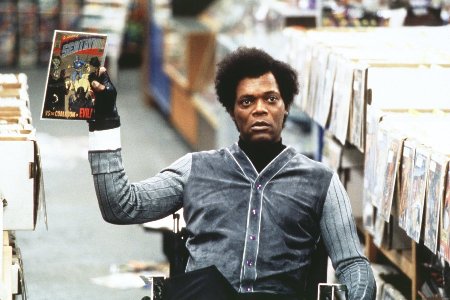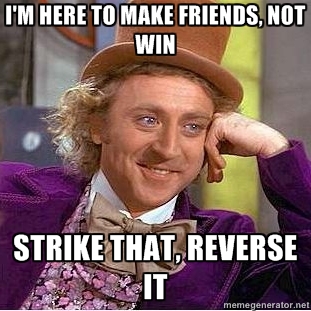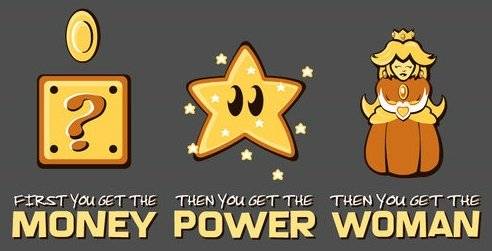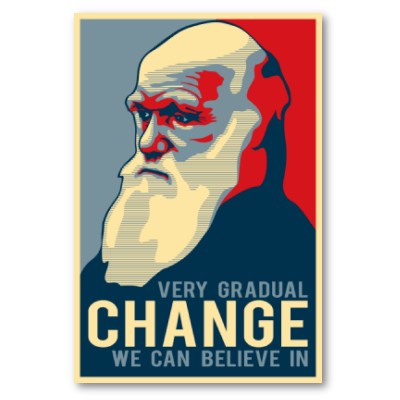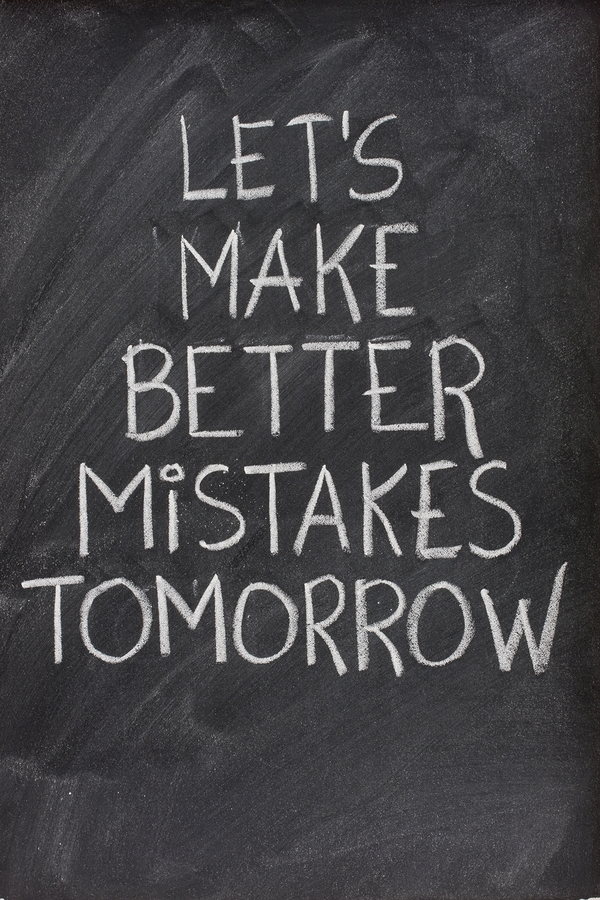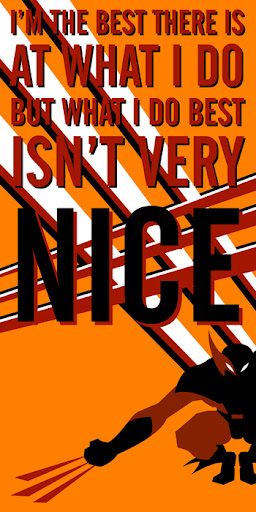What 5 counterintuitive things can help you make better choices?
u love having lots of choices. But having more choices isn't always a good thing -- ever see so many good options that you end up picking... nothing? Barry Schwartz has spent a great deal of time researching this issue and in his excellent book The Paradox of Choice: Why More Is Less he explains how we can make ourselves happier and more fulfilled by reducing choice. What are the 5 steps? We would be better off if we embraced…
3 minutes
Are genius and autism connected?
bsp; Child prodigies show disproportionately high rates of autism spectrum disorders, score higher on tests of autistic traits and are more likely to have family members with autism. Via Science Daily: A new study of eight child prodigies suggests a possible link between these children's special skills and autism. Of the eight prodigies studied, three had a diagnosis of autism spectrum disorders. As a group, the prodigies also tended to have slightly elevated scores on a test of autistic traits, when…
2 minutes
What weird little thing do almost all reality shows have in common?
bsp; "I'm not here to make friends." That phrase is uttered with unbelievable frequency across reality shows -- to the degree where it's very hard to believe it's an accident. I'm not an aficionado of reality TV but after listening to the This American Life story about the phenomenon, I was blown away. Is it something reality show producers deliberately encourage people to say? Probably. But, obviously, it seems to work. Is there something deeper to why this resonates? What does…
1 min read
What means more to you: money or status?
bsp; Most people choose status. They'd rather be the big fish in a small pond making $50,000 a year than the small fish in a big pond earning $100,000. Via The Paradox of Choice: Why More Is Less: A few years ago, a study was conducted in which participants were presented with pairs of hypothetical personal circumstances and asked to state their preferences. For example, people were asked to choose between earning $50,000 a year with others earning $25,000 and earning…
1 min read
What are the three steps to making change easy?
bsp; Chip and Dan Heath distill effective behavior change down to three simple steps in their well-researched and enjoyable book Switch: How to Change Things When Change Is Hard. 1) First, direct the rational mind Provide crystal-clear direction. What looks like resistance is often a lack of clarity. Script the critical moves -- don't think big picture, think in terms of specific behaviors. Point to the destination. Change is easier when you know where you're going and why it's worth it.…
1 min read
What strategies really improve companies?
It's nothing high-tech, fancy or complicated. Doesn't require a team of MBA's or tens of millions of dollars in new processes. Research involving 400 people across 130 companies in 4 continents came up with a simple answer: it's about changing the behavior of the individuals that work there, and you can only do that by addressing their feelings. Via Switch: How to Change Things When Change Is Hard: In The Heart of Change, John Kotter and Dan Cohen…
1 min read
Why people post annoying status updates on Facebook:
ople who aren't emotionally stable post more frequently in order to regulate their emotions and receive social support: Low emotionally stable individuals experience emotions more intensely and have difficulty regulating their emotions on their own. Consequently, we suggest that they use the microblogging feature on online social networks (e.g., Tweets or Facebook status updates) to help regulate their emotions. Accordingly, we find that less emotionally stable individuals microblog more frequently and share their emotions more when doing so, a tendency…
2 minutes
What’s the secret to being happy at home and fulfilled at work?
bsp; Do what you're good at. Using your "signature strengths" — those qualities you are uniquely best at, the talents that set you apart from others — makes you stress less: The more hours per day Americans get to use their strengths to do what they do best, the less likely they are to report experiencing worry, stress, anger, sadness, or physical pain... Using your strengths makes you feel better: Americans also gain a boost in positive emotions the more they…
2 minutes

